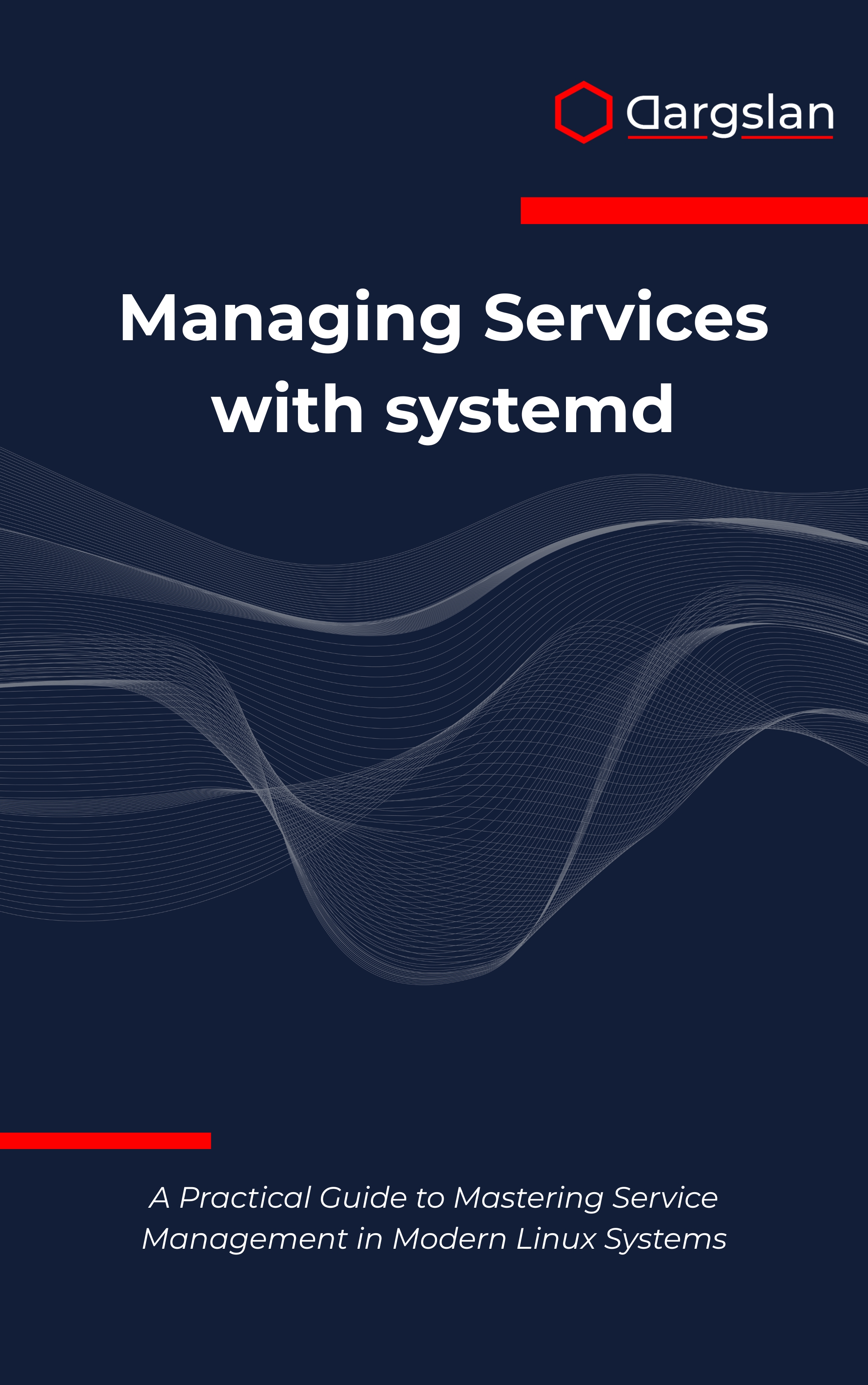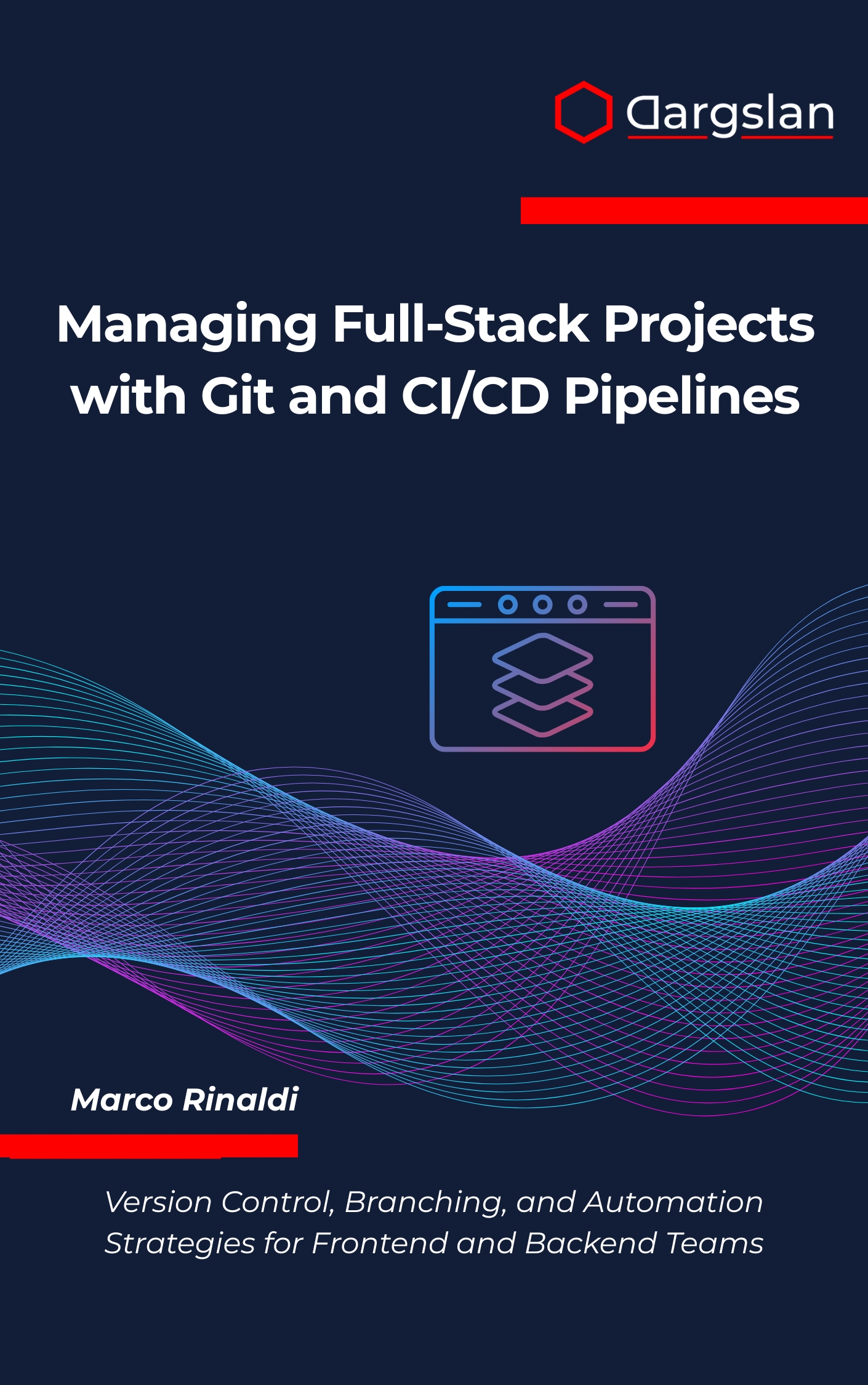Managing Services with systemd
Managing Services with systemd: A Practical Guide to Mastering Service Management in Modern Linux Systems,Control and optimize Linux services using systemd with clear, practical guidance.

A Practical Guide to Mastering Service Management in Modern Linux Systems
Overview
Modern Linux environments demand reliable, repeatable service operations, and this guide shows you how to deliver exactly that. Managing Services with systemd empowers administrators and engineers to confidently design, deploy, and troubleshoot services at scale, whether on bare metal, virtual machines, containers, or the cloud. It’s both an IT book and a practical programming guide, written as a technical book you can use today in production.
A Practical Guide to Mastering Service Management in Modern Linux Systems blends clear explanations with hands-on exercises so you can apply knowledge immediately. You’ll move from systemd fundamentals to production-grade patterns, mastering service management commands, unit file configuration, and custom service creation. Topics include dependency management, logging and debugging, systemd timers, resource controls, security sandboxing, troubleshooting techniques, container service management, cloud environment integration, monitoring strategies, and automation workflows — all in the context of Linux systems you rely on every day.
The coverage is comprehensive but accessible, with checklists, unit file templates, and cheat sheets that accelerate your workflow. Each chapter builds toward real-world outcomes: stronger uptime, faster recovery, cleaner observability, and safer defaults. Whether you’re designing a resilient microservice, orchestrating pods on a Kubernetes node, or standardizing a fleet with predictable startup behavior, this guide becomes your go-to companion for service reliability and operational excellence.
Who This Book Is For
- System administrators and SREs seeking consistent, predictable service behavior across environments, with step-by-step methods to harden units, tame dependencies, and reduce MTTR.
- DevOps engineers and platform teams who want reproducible service definitions, improved observability, and automated recovery in CI/CD, containers, and hybrid cloud deployments.
- Linux learners and career switchers ready to level up with practical, portfolio-ready skills that translate directly into production-ready service management.
Key Lessons and Takeaways
- Craft robust unit files that model real service lifecycles, including Type choices, Exec commands, restart policies, and dependency chains that guarantee correct boot and shutdown order.
- Use journalctl and structured logging to accelerate root cause analysis, adopt systemd timers as a safer cron alternative, and implement health checks that surface issues before they escalate.
- Apply defense-in-depth with resource controls and security sandboxing, enforce CPU and memory limits, isolate file systems and capabilities, and ship services that recover automatically and safely.
Why You’ll Love This Book
This guide prioritizes clarity and momentum. Each concept is introduced with a concise explanation, shown in action, and reinforced through repeatable exercises you can reuse on any Linux distribution that ships systemd.
It’s built for real operations: practical examples mirror production scenarios, from dependency pitfalls and slow boots to noisy logs and service flapping. You’ll find templates, checklists, and troubleshooting flows that reduce guesswork and deliver consistent outcomes across dev, staging, and prod.
How to Get the Most Out of It
- Read in sequence to build strong foundations: start with systemd fundamentals and service management commands, then progress to unit file configuration, dependency management, and advanced topics like timers, resource controls, and security hardening.
- Apply each concept to a live service you manage. Convert a legacy init script to a unit, add restart policies, wire in logging and debugging with journalctl, and verify orderly startup with dependency targets and conditions.
- Tackle mini-projects for deeper learning: replace fragile cron jobs with systemd timers, sandbox a network-facing service with tightened permissions and mounts, containerize a workload and manage it with unit files, and create a runbook using the book’s troubleshooting techniques.
Get Your Copy
Build reliable, observable, and secure services the modern way. Transform your Linux operations with proven patterns you can deploy today.




